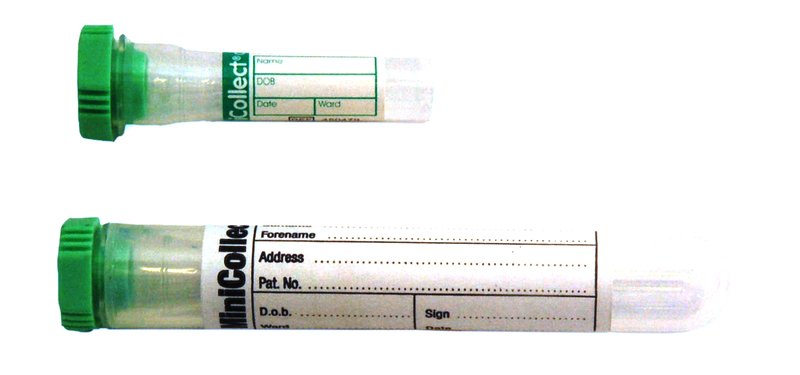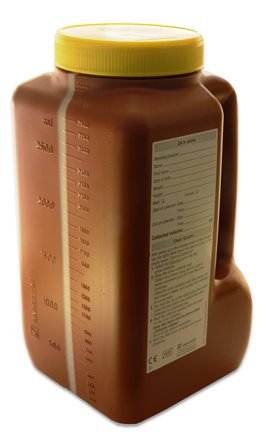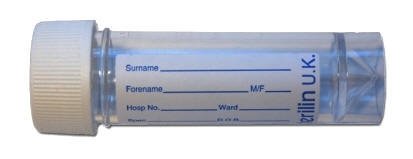Magnesium (Mg)
Chemical Pathology
Notes
- Magnesium is the second most abundant intracellular cation in the body and as a co-factor for many enzyme systems plays a crucial role in many processes.
- Less than 0.5% of total body magnesium is present within serum, however for practical reasons the measurement of serum magnesium is the only widely used method for determining magnesium status in blood.
- Magnesium levels in serum are maintained by a balance between intestinal absorption and renal excretion so assay may be required when malabsorption is suspected or in the presence of kidney problems. Chronically low potassium and calcium levels can be the result of low magnesium levels.
- Magnesium can also be assessed in urine to investigate renal handling.
Sample requirements
For adults, blood taken into a 5mL gold top tube (rust top for the Acute Unit)

For children, blood taken into a 3.5mL rust top tube

For neonates, blood taken into a 0.8mL minicollect lithium heparin tube
Please list the tests of particular interest so that some priority can be given to analysis if plasma volumes are small.

For urine magnesium levels in adults a 24 hour urine collected into a 3L brown bottle:-

Urine magnesium:creatinine ratios can be measured in children (up to 15 years of age) for which a white top 30 mL Universal is required:

Storage/transport
Do not store blood samples. Send at ambient temperature to the laboratory.
Urine samples can be kept cool/refrigerated overnight but should be sent to the laboratory at ambient temperature as soon as possible after collection completed.
Required information
Relevant clinical details.
The labelling of the request form and the sample must conform to the Policy for Specimen and Request Form Labelling for Pathology Users
Turnaround times
The assays are run throughout the day and night.
The in-lab turnaround time is normally less than 24 hours.
The test can be ordered as an urgent request.
Reference ranges
Serum/plasma magnesium: 0.7 - 1.00 mmol/L
Adult 24h urine magnesium: 2.4 - 6.5 mmol/24h
Urine magnesium:creatinine ratio (up to 15y of age): 0.047 - 1.907 mmol/mmol
Further information
To learn more about magnesium visit Lab Tests Online or access the Magnesium Monograph of the Association for Clinical Biochemistry and Laboratory Medicine